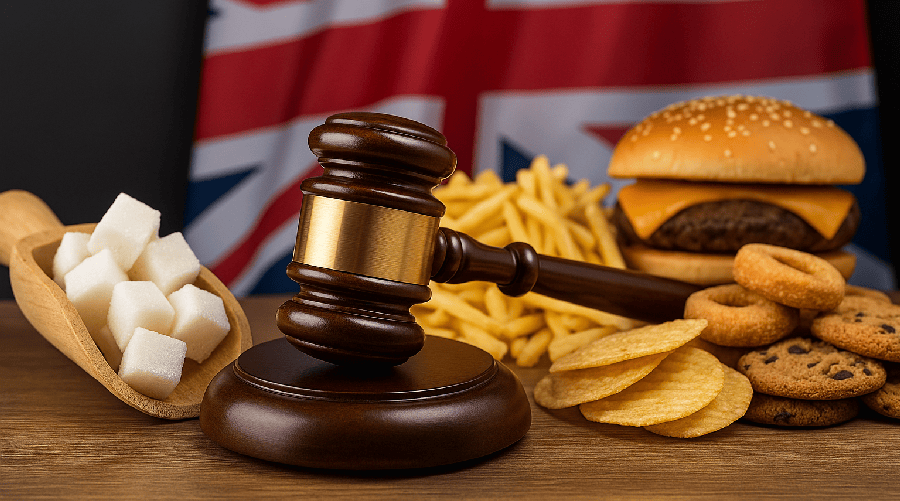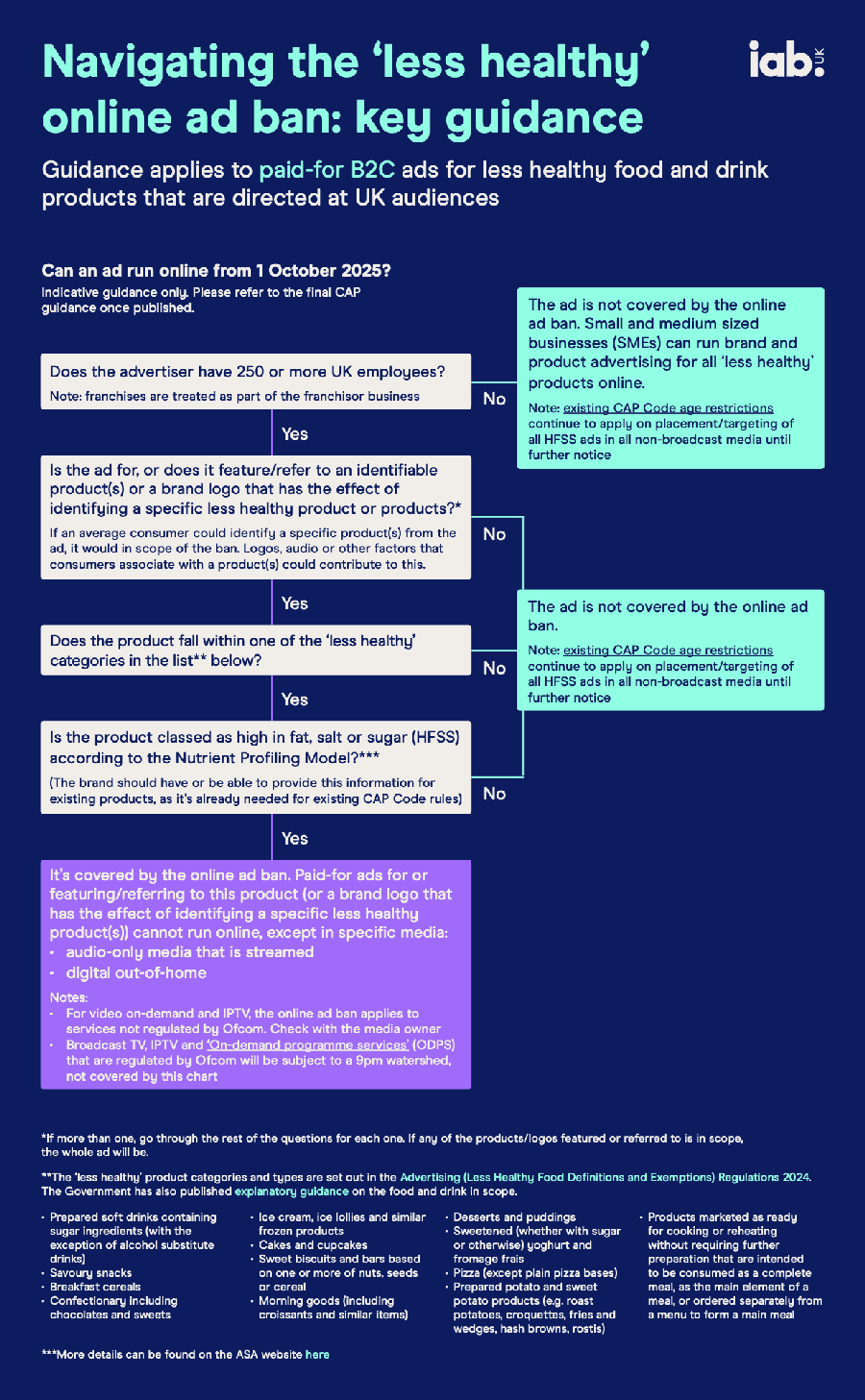UK Online Ad Ban for ‘Less Healthy’ Products: What It Means for Affiliates

The UK’s advertising landscape is about to shift—and if you’re an affiliate marketer working with food and drink brands, you need to pay attention.
From 1 October 2025, the UK Government will introduce a sweeping ban on paid-for online advertising of foods high in fat, salt and sugar (HFSS). It’s a major regulatory shake-up aimed at tackling public health issues like obesity and poor nutrition.
While big brands and ad agencies are already preparing, affiliates may be underestimating how much this change will affect them. If you promote B2C food and drink offers in the UK, this blog post is for you.
What’s Actually Being Banned?
The new rules prohibit paid-for ads that promote identifiable HFSS products or use branding that links clearly to such products. These restrictions apply across paid digital channels, including:
- PPC (Google, Bing, etc.)
- Paid social media
- Native ads
- Sponsored posts and advertorials
If an ad features a specific product or brand logo that would lead a consumer to associate it with a ‘less healthy’ product, it’s likely to fall under the ban.
Examples of affected products include:
- Soft drinks with added sugar
- Cakes, biscuits, ice cream
- Breakfast cereals
- Confectionery
- Savoury snacks
- Pizzas (except plain bases)
- Ready meals and sweetened yoghurts
What Does This Mean for Affiliates?
Many affiliates act as advertisers by running their own paid media campaigns to promote affiliate links. Under this new legislation, you’ll be treated as the advertiser, and that means you’ll be held responsible for any non-compliant ads you run.
Let’s say you’re running a Google Ads campaign for a fizzy drink brand. If that product is classified as HFSS and the brand has more than 250 employees in the UK, your campaign could be banned—even if the ad copy doesn’t directly promote the product but includes the brand’s logo.
Who’s Exempt?
Here’s the good news:
If the brand you’re promoting is a small or medium-sized business (SME)—meaning fewer than 250 UK employees—then they’re exempt from the online ad ban (at least for now).
That means affiliates working with challenger brands, direct-to-consumer startups, or niche retailers may be able to continue promoting those products as usual.
However, large food and beverage corporations (or franchise networks that count all franchisees under one business) will be subject to the full extent of the ban.
What You Should Do Now
To protect your income and future-proof your affiliate business, here’s what we recommend:
1. Audit Your Campaigns
Identify any current or upcoming paid campaigns that feature food and drink products. Pay close attention to anything high in fat, salt or sugar.
2. Assess Your Partners
Find out whether your affiliate partners are SMEs or larger brands. Ask about their compliance plans for the new rules.
3. Shift Your Focus
Start diversifying your offers—especially into health-focused products, wellness brands, or sectors that aren’t affected by the legislation (e.g., tech, finance, retail).
4. Go Organic
The rules target paid placements. Organic content and SEO aren’t affected at this time, so content marketing may become more important than ever.
5. Stay Updated
The Committee of Advertising Practice (CAP) is expected to publish final guidance soon. Stay subscribed to updates and follow trusted sources like Affiverse for the latest insights.
Affiliate Marketing Needs to Focus on Health
This regulation could feel like a curveball—but it also presents an opportunity. Consumers are increasingly interested in health-conscious, ethical, and transparent brands. Affiliates who adapt now by aligning with these values could end up better positioned than ever.
At Affiverse, we’re committed to helping affiliates stay ahead of the curve. Expect more guidance, toolkits, and opinions in the coming months as we move closer to the October 2025 rollout.

Stay in the Know: Subscribe to our newsletter to get updates on this regulation, plus industry news, expert interviews, and affiliate tips straight to your inbox.






